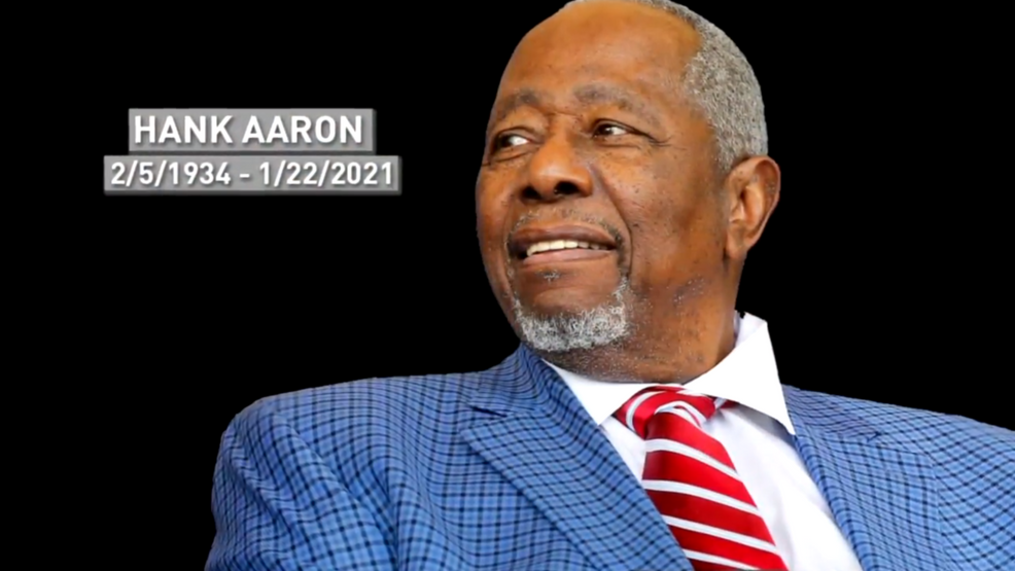(ThyBlackMan.com) There are living sports legends among us right now. Among retired former athletes, there are a select small number of former athletes who emanate greatness based on their athletic exploits and the way they carry themselves when they are seen in public or even on the television screen at their current advanced age. Sports legends like Bill Russell, Willie Mays, and Kareem Abdul-Jabbar are among those worthy of that description. On January 22, 2021, we lost another one of those sports legends with the passing of Henry “Hank” Aaron.
While Hank Aaron’s awe-inspiring talent and production during his 23-year Major League Baseball career was extraordinary, his determination and focus in the face of overt and hostile racism and white supremacist actions during much of his life and career put Aaron into rarified air. He was one of the greatest representations of greatness, humility, and fearlessness that have graced athletics over the past century.

Because Hank Aaron was born on February 5, 1934 in Mobile, Alabama, he was very aware of racial segregation and white hostility and intimidation in the deep South. His early baseball career included time spent in the Negro Leagues and he stands as one of the best examples that the Black athletes who played in the Negro Leagues could excel at Major League Baseball when given the opportunity. Although Aaron had a short stint of about three months in Indianapolis with the Negro Leagues, he would put up unparalleled numbers in Major League Baseball due to remarkable consistency and longevity. A .305 career hitter, Hank Aaron is Major League Baseball’s all-time Runs Batted In leader with 2,297 and all-time total bases leader with 6,856.
For several decades, being unofficially known as the “home run” king is what Hank Aaron was known for after breaking Babe Ruth’s career home run record on April 8, 1974. Aaron’s pursuit of the record as a Black man breaking the most hallowed record in sports that was held by Babe Ruth, who the white media and white fans loved, was emotionally and physically exhausting. He received death threats and harassment from white racists.
His vivid words to the New York Times about pursuing Ruth’s record give a glimpse of how extremely difficult it was, as he was quoted, “April 8, 1974, really led up to turning me off on baseball.” and he also added, “It really made me see for the first time a clear picture of what this country is about. My kids had to live like they were in prison because of kidnap threats, and I had to live like a pig in a slaughter camp. I had to duck. I had to go out the back door of the ball parks. I had to have a police escort with me all the time. I was getting threatening letters every single day. All of these things have put a bad taste in my mouth, and it won’t go away. They carved a piece of my heart away.”
It is clear that Hank Aaron faced things no white ballplayer had ever faced in his pursuit of Babe Ruth’s home run record. Major League Baseball has continued his legacy since 1999 with the Hank Aaron Award, named after Aaron, that has been presented annually to the best hitter in each league. His death has engendered strong and emotional reactions across baseball and sports for many reasons. One reason is that Hank Aaron was a rare example of Hall of Fame talent on the field and Hall of Fame character off the field. He will be missed.
Staff Writer; Mark Hines

















Leave a Reply